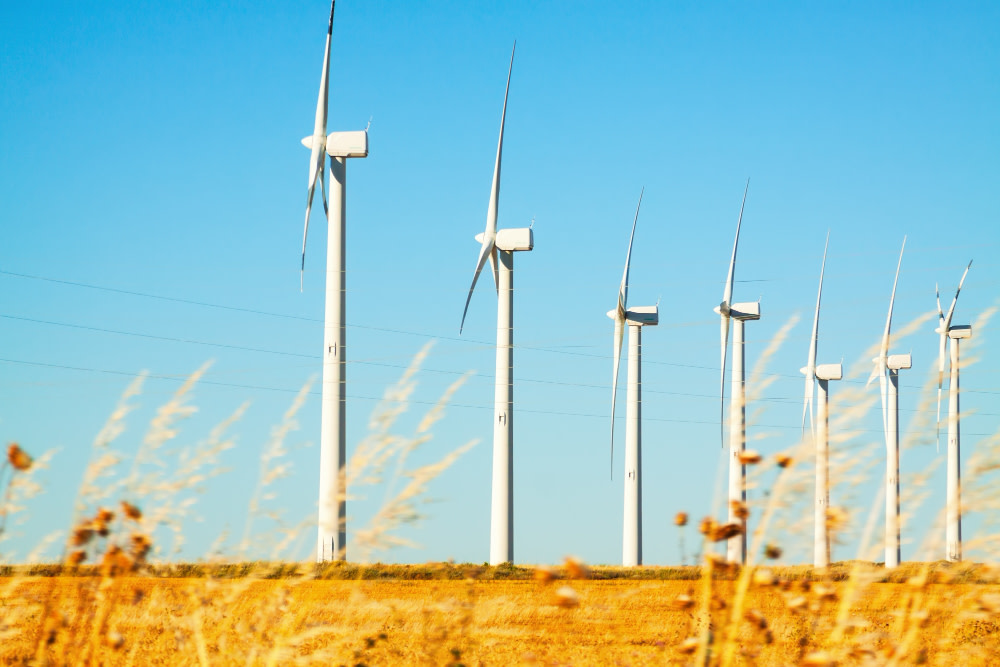Deutsche Bank Announces Goals for Carbon Footprint Reduction
Deutsche Bank

Deutsche Bank announced net zero-aligned targets for 2030 and 2050 in four carbon-intensive sectors. The bank wants to cut the amount of emissions it finances (Scope 3) by a lot by 2030. The goals are a key part of Deutsche Bank's strategy to be more sustainable, and they show what the bank has promised to do as a founding member of the Net Zero Banking Alliance (NZBA).
Deutsche Bank's method, which is designed to be in line with emerging best practices, aims to support a gradual and orderly phase-out of fossil fuel use while encouraging financing of technologies with less carbon intensity and clients with solid transition plans.
Deutsche Bank's goals include industries that make up a big chunk of the funded emissions from its €250 billion corporate loan book1 and key sources of Scope 3 emissions from its clients around the world. The following are the targets for each sector:
Oil & Gas (Upstream): 23% reduction in Scope 3 upstream financed emissions by 2030, and 90% reduction by 2050, in millions of tonnes of CO2
Power generation: 69% reduction in Scope 1 physical emission intensity by 2030 and 100% reduction by 2050, in kilogrammes of CO2 equivalent per megawatt hour
Automotive (light-duty vehicles): 59% reduction in tailpipe emission intensity by 2030 and 100% reduction by 2050, in grammes of CO2 per vehicle kilometre
Steel: 33% reduction in Scope 1 and 2 physical emission intensity by 2030 and 90% reduction by 2050, in kilogrammes of CO2 equivalent per tonne
The bank plans to meet these goals by advising clients in industries that use a lot of carbon and by helping them pay for their transition plans and efforts to reach net zero emissions by 2050.
Chief Sustainability Officer Jörg Eigendorf said:
"This is an important step to reduce the carbon footprint of our loan book progressively. We are focusing on supporting our clients on their net zero journey. This is a crucial element of our sustainability strategy."
The way that Deutsche Bank sets goals is in line with the principles and guidelines of the United Nations Environment Programme Finance Initiative (UNEPFI) and the Glasgow Financial Alliance for Net Zero (GFANZ).
The bank’s science-based emission reduction pathways have been calculated using the International Energy Agency’s net zero emission scenario, which limits global warming to no more than 1.5oC above pre-industrial levels by 2100. The scenario is based on the idea that technologies that reduce emissions, such as carbon capture and storage, can make up for small amounts of remaining emissions in some sectors.
Deutsche Bank's impact-based approach puts the highest-intensity sectors at the top of the list and uses Scope 1, 2, or 3 emission metrics that are specific to each sector. The bank will continue to follow the PACTA-based approach for the automotive, power generation, and steel sectors, and has switched to a Scope 3 (upstream) financed emission approach for the oil & gas sector.
Source: Deutsche Bank






